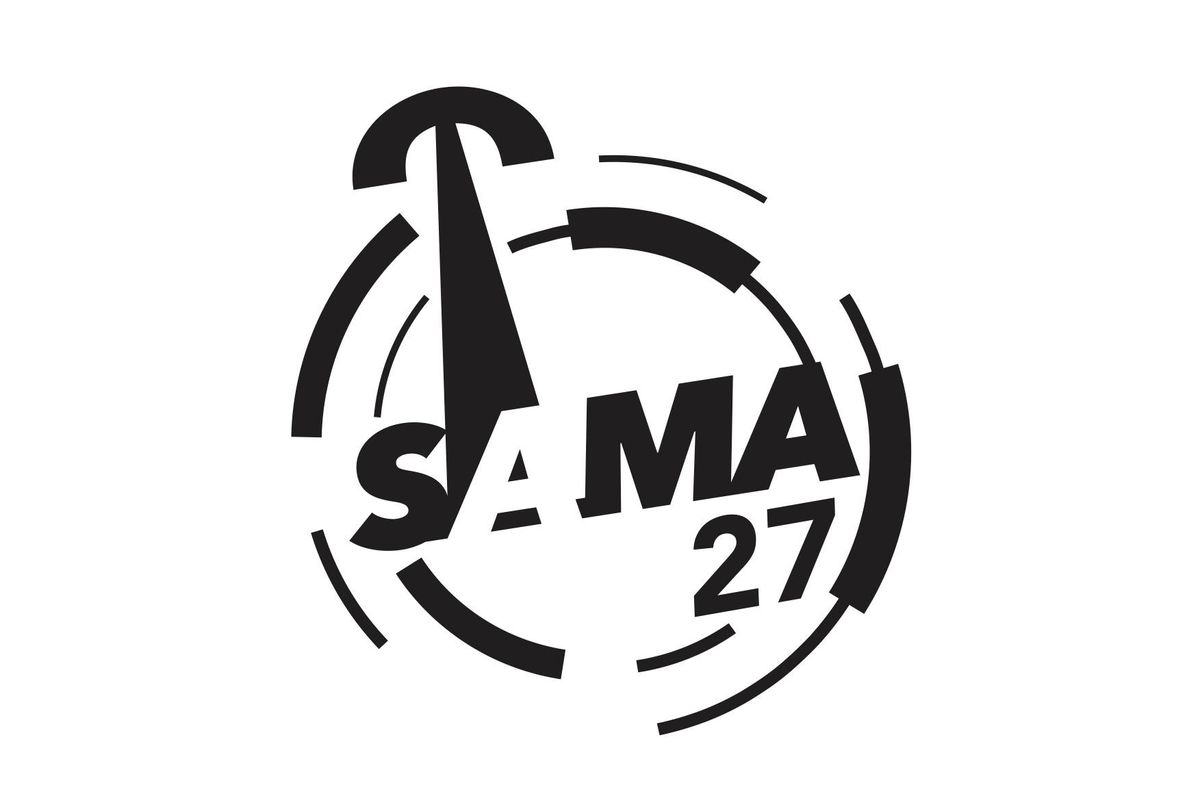
The official South African Music Awards (SAMA) 2021 logo.
www.samamusicawards.co.za
SEARCH

The official South African Music Awards (SAMA) 2021 logo.
The South African Music Awards (SAMAs) have announced that gqom and amapiano will be officially recognised as standalone music categories at the 2021 instalment of the awards show.